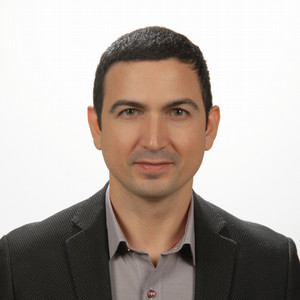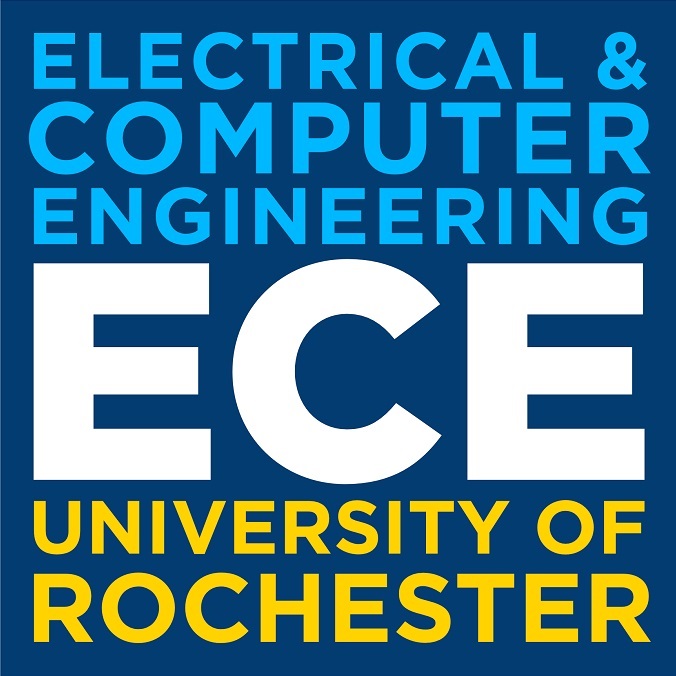ECE Seminar Lecture Series
FPGA-based Control, Measurement and Feedback System for Quantum Computing with Superconducting Qubits
Dr. Kadir Akin, Electrical Engineer, Engineering Unit in Quantum Center, ETH Zurich, Switzerland
Wednesday, February 21, 2024
Noon–1 p.m.
1400 Wegmans Hall
Abstract: A qubit, the primary unit of information in quantum computing, can be physically implemented using various quantum systems. The ability to have precise control and readout of qubits is fundamental for buildin g a quantum computer. However, the qubit’s decoherence time and the errors in quantum gate operations impose limitations on the fidelity of the quantum system and the required speed for its control and measurement. In this talk, I will explain how high computational power and design flexibility features of Field Programmable Gate Arrays (FPGAs) are leveraged in superconducting circuits-based quantum experiments to utilize quantum setups efficiently. I will present FPGA‑based systems that perform signal generation, advanced filters, histogram generation, neural network and quantum state identification. Additionally, I will discuss challenges in digital electronics for realizing quantum systems that involve a high number of qubits and achieve quantum error correction. Finally, I will explore possible future research directions aimed at designing scalable and flexible systems for controlling and measuring quantum experiments.
g a quantum computer. However, the qubit’s decoherence time and the errors in quantum gate operations impose limitations on the fidelity of the quantum system and the required speed for its control and measurement. In this talk, I will explain how high computational power and design flexibility features of Field Programmable Gate Arrays (FPGAs) are leveraged in superconducting circuits-based quantum experiments to utilize quantum setups efficiently. I will present FPGA‑based systems that perform signal generation, advanced filters, histogram generation, neural network and quantum state identification. Additionally, I will discuss challenges in digital electronics for realizing quantum systems that involve a high number of qubits and achieve quantum error correction. Finally, I will explore possible future research directions aimed at designing scalable and flexible systems for controlling and measuring quantum experiments.
Bio: Dr. Kadir Akin is an Electrical Engineer at the Engineering Unit of Quantum Center in the Physics Department and a lecturer in the Department of Information Technology and Electrical Engineering at Eidgenössische Technische Hochschule (ETH) Zurich. At ETH Zurich, he designs and implements FPGA‑based signal and image processing systems for the control and measurement of quantum experiments with superconducting qubits, trapped ions and quantum gas. Dr. Akin received his PhD degree in Electrical Engineering from Ecole Polytechnique Fédérale de Lausanne (EPFL) in 2015. At EPFL, he conducted research on hardware implementations of 360° multiple camera panoramic video generation and stereoscopic depth estimation algorithms, and their system level real-time realizations. He received his BSc and MSc degrees in Electronics Engineering from Sabanci University in 2008 and 2010, respectively.
Refreshments will be provided.

